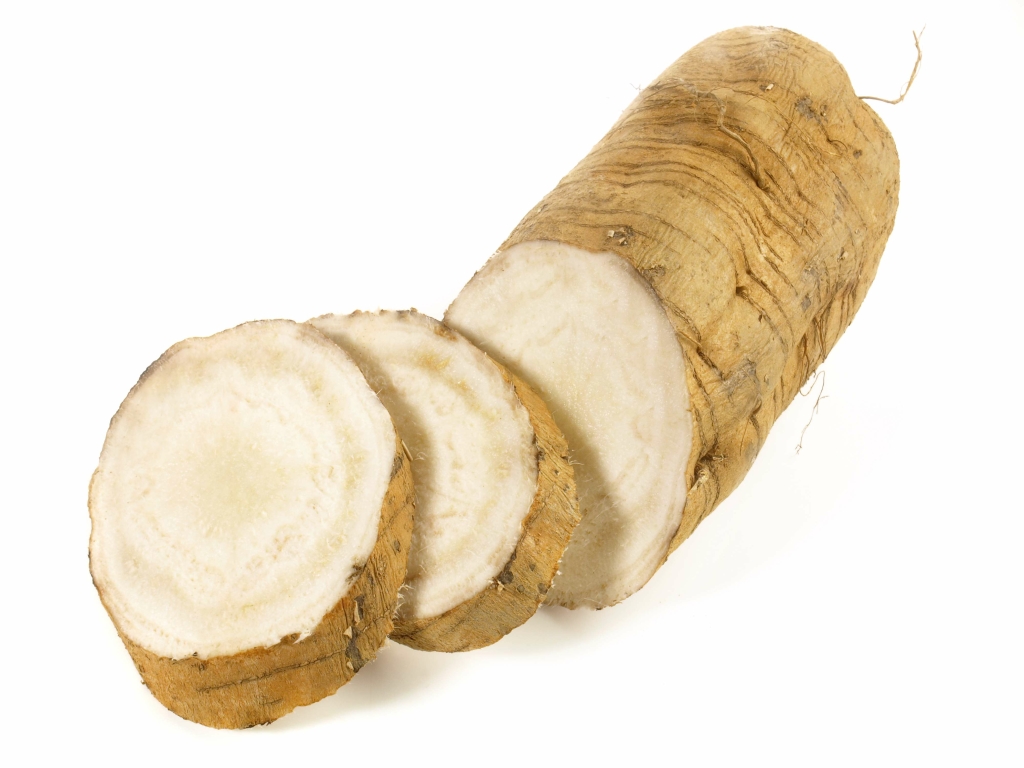The general consensus among scientists and health care professionals is that there is a strong neurobiological and genetic basis for addiction. If you’re concerned about your alcohol use, you may benefit from substance abuse counseling and treatment Alcohol and Pills programs that can help you overcome your misuse of alcohol. Joining a support group or a 12-step program such as Alcoholics Anonymous may help. Because the body’s ability to break down alcohol worsens with age, alcohol stays in the body longer.

Orthostatic hypotension can lead to a fall and possible injury and is a serious concern in older patients. Nearly half of all U.S. adults live with high blood pressure, also called hypertension. Medications used to treat hypertension can react badly with alcohol, causing dizziness and fainting, extreme sleepiness, and arrhythmias, or other heart problems. Here’s some information to help you get ready for your appointment, and what to expect from your health care provider or mental health provider. If your provider suspects that you have a problem with alcohol, you may be referred to a mental health provider. Frequent or regular use of both sedative sleeping pills and alcohol can result in even more severe, or complicated withdrawal when attempts are made to quit using them.
Medications for Alcohol Use Disorder
The combination of alcohol and certain medications can cause negative interactions, adverse reactions, and even overdose and death. This can happen with prescription medications, over-the-counter (OTC) medications, and even supplements or herbal remedies. Your health care provider or mental health provider will ask additional questions based on your responses, symptoms and needs. Preparing and anticipating questions will help you make the most of your appointment time.
- Areas, where DNA is unwound, contain active genes coding for proteins that serve important functions within the cell.
- Your healthcare provider can help you evaluate the pros and cons of each.
- Older adults (especially those who take more than one medication) are also more likely to experience problems, as the ability to clear both alcohol and drugs from the body is reduced with age.
- It, too, should not be used with alcohol due to liver damage and drowsiness risk.
- On their own, opioids can cause drowsiness, dizziness, slowed or impaired breathing, impaired motor control, abnormal behavior, and memory loss.
- When the substances are combined, the effect is intensified, and your judgment and focus will be further impaired.
- The list of possible drug and alcohol interactions goes on, so being proactive in checking for interactions and discussing with your doctor or pharmacist is the best way to prevent harm.
If you’re not sure about the safety of combining alcohol and any medications you’re taking, talk with a healthcare provider to get answers specific to your health and medical history. In addition, herbal sleep remedies, like chamomile, valerian, and lavender, can cause increased drowsiness when mixed with alcohol. When used as prescribed, these medications can be helpful in the short-term; but when overused or combined with drugs and/or alcohol, serious side effects, physical dependence, or overdose can occur. The easiest way to lookup drug information, identify pills, check interactions and set up your own personal medication records.
Medicines may have many ingredients
Polysubstance use involving alcohol includes drinking and using other substances such as marijuana, opioids, heroin or other illicit drugs, or medications not as prescribed. Whether intentional or not, using alcohol and other substances is unsafe because the effects may be stronger and more unpredictable than one drug alone, and even deadly. Combining https://ecosoberhouse.com/ any of them with alcohol can cause dangerous side effects, like liver damage, stomach pain and vomiting, redness of the face, a racing heartbeat, and a sudden drop in blood pressure. Be sure to check on your prescription drugs, as well as your over-the-counter (OTC) medicines, herbals, and dietary supplements like vitamins and minerals.
Most important, the list does not include all the ingredients in every medication. Drugs.com provides accurate and independent information on more than 24,000 prescription drugs, over-the-counter medicines and natural products. This material is provided for educational purposes only and is not intended for medical advice, diagnosis or treatment. Data sources include Micromedex (updated 2 Jan 2024), Cerner Multum™ (updated 16 Nov 2023), ASHP (updated 10 Jan 2024) and others. The use of complementary, alternative and herbal medicine has grown tremendously over the last few decades. A study by Ekors and colleagues noted that over 80% of people worldwide use some type of supplement.
Residential treatment programs
In the future, we may discover similar therapies for alcohol and substance use disorder. These treatments could potentially target important signaling pathways linked to addiction, altering how brain circuits function and how alcohol and drugs affect them. Additionally, mRNA-based therapies can specifically change which genes are expressed to treat diseases like cancer. These treatments could potentially target important signaling pathways linked to addiction, altering how brain circuits function and how alcohol and drugs affect them.
- But an explosion of knowledge and technology in the field of molecular genetics has changed our basic understanding of addiction drastically over the past decade.
- NIAAA and other organizations are conducting research to identify genes and other factors that can predict how well someone will respond to a particular treatment.
- When combined with alcohol, medications for attention and concentration disorders can make a person dizzy and sleepy.
- They are prescribed by a primary care physician or other health professional and may be used alone or in combination with counseling.
- Ask different programs if they offer sliding scale fees—some programs may offer lower prices or payment plans for individuals without health insurance.
If you know someone who has first-hand knowledge of the program, it may help to ask about his or her personal experience. It is important to remember that not all people will respond to medications, but for a subset of individuals, they can be an important tool in overcoming alcohol dependence. The U.S. Food and Drug Administration (FDA) has approved three medications for treating alcohol dependence, and others are being tested to determine whether they are effective.
Alcohol can increase overdose risk.
To learn more about a medicine and whether it will interact with alcohol, talk to your pharmacist or other health care provider. One of the deadliest combinations is alcohol and narcotic pain medications. On their own, opioids can cause drowsiness, dizziness, slowed or impaired breathing, impaired motor control, abnormal behavior, and memory loss. However, a direct link between alcohol consumption and changes in gene expression in mice provides a clue. A byproduct of alcohol being broken down in the liver called acetate can cross the blood-brain barrier and unwind DNA from histones in mouse memory circuits.


